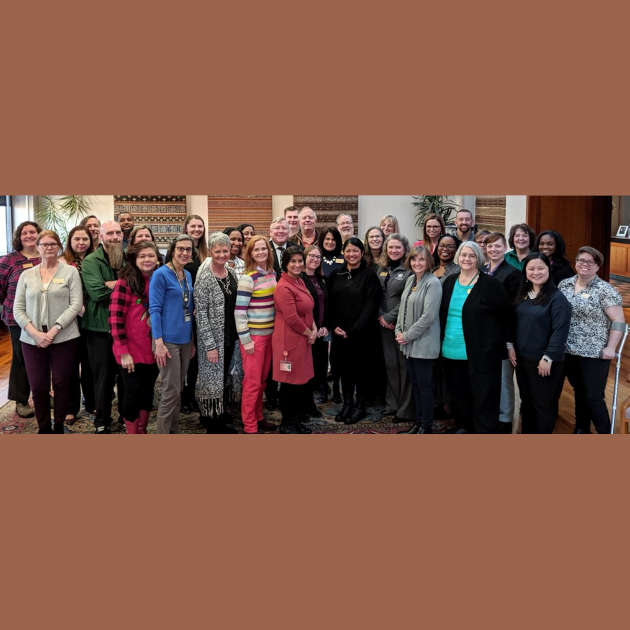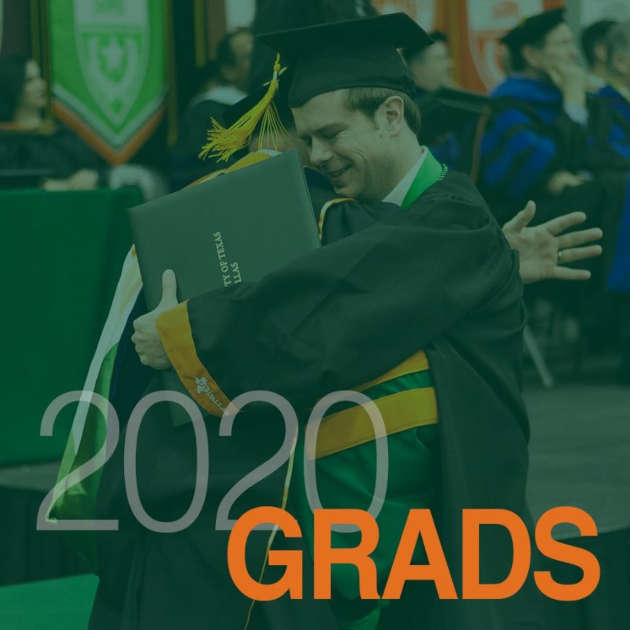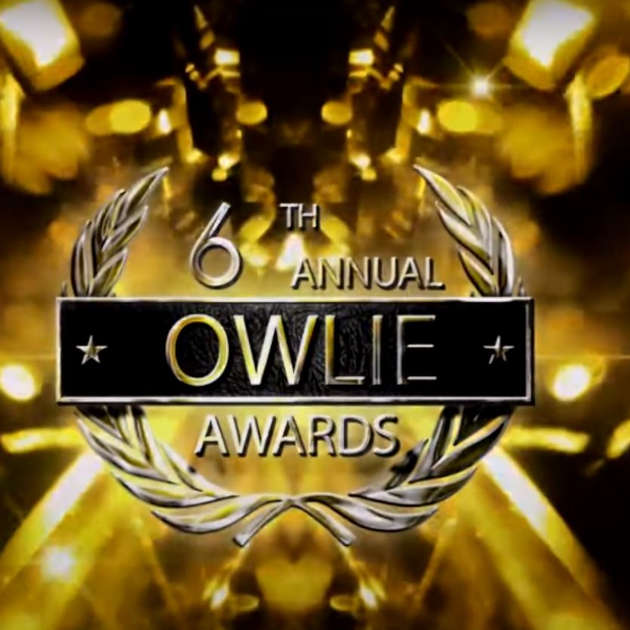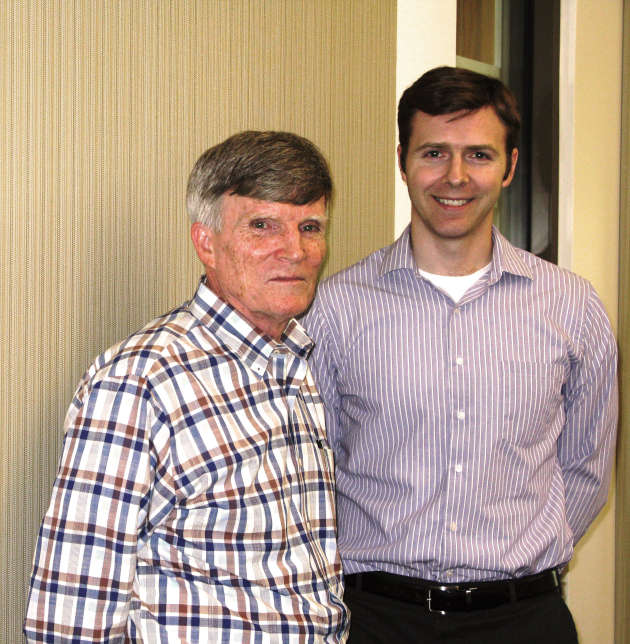
John Setty, who earned an Executive MBA degree in December, won second place in the Fall 2015 CAPSIM Foundation Challenge, an international online competition that tests business school students’ strategic know-how in righting the course of a hypothetical struggling multimillion-dollar enterprise.
Setty finished only three points behind the winner.
“This was the closest competition they ever had,” Dr. Larry Chasteen said as he announced Setty’s success to his classmates in the last meeting of Strategic Management (BPS 6310), an EMBA capstone course. Chasteen used the CAPSIM Foundation simulation in teaching the course, but Setty entered the competition, which ran from last Oct. 30 to Nov. 14, on his own.
In all, more than 2,100 students from 330 universities in more than 30 countries across the world participated in the fall challenge, which was sponsored and run by CAPSIM.
A Chicago-based business simulation technology and services firm, CAPSIM twice a year hosts the challenges on two of its simulation platforms. The contests are open to “alumni,” students who previously have learned how to use the simulations as part of their business-school curriculum.
The task in the Foundation Challenge, Setty said, “is to strategically place products to gain more product share and make more money.”
The governing strategy he adopted, he said, “was to diversify across both low- and high-tech product markets and cut costs as much as possible.”
After surviving eight qualifying rounds against a computer, Setty and five other top-scoring teams moved on to the finals.
Hourlong final matches progressed, and “all the other teams went bankrupt,” Setty said. When he realized he was the only “team” that had not gone bankrupt, “I thought that I’d iced it,” he said.
Instead, he learned, “the simulation won’t let you go bankrupt. It issues you an emergency loan.”
At competition’s end, he was reminded that the true winning objective “was to maximize your output on the Balance Scorecard,” a simulation tally that weighs results across several business categories, including customer satisfaction, finances, market share, profit margin, productivity, workforce balance and more.
Setty’s scorecard fell short of first place because in Round 3 he had missed capturing a needed 6 percent market share by selling 127 units. He needed to sell 128 units to reach the 6 percent mark.
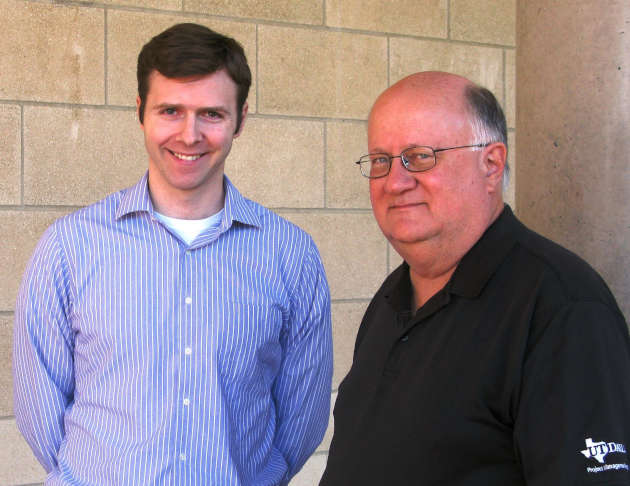
“The most challenging part of any round,” Setty said, “is predicting how many units you will sell.”
Despite the one-unit shortfall that cost him the $400 American Express gift card that went to the winner, Setty sufficiently impressed CAPSIM that the company awarded him several computer and Internet flash drives and mobile chargers as consolation prizes.
Setty, who graduated from the Executive MBA program with a Project Management Concentration, earned his bachelor’s degree in chemical engineering and works for L-3 Communications in Garland, graduated Dec. 19.


